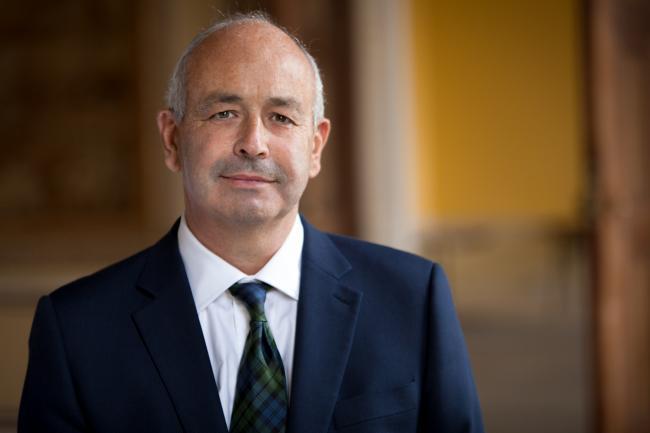A Business West survey has found South West business finances badly damaged.
The organisation, which advocates for the interests of businesses throughout the region, had responses from 550 firms.
Of those, 40 percent reported a higher level of indebtedness than before lockdown began a year earlier, while 43 percent had six months or less of cash reserves remaining, laying bare what Business West terms the huge financial cost of coronavirus despite extensive Government interventions in the economy.
The survey found many business owners increasingly reliant upon costly sources of borrowing such as overdrafts and credit cards.
Business West Managing Director Phil Smith said: “Whilst the UK’s successful vaccination programme provides genuine light at the end of the tunnel, it would appear that businesses will have to wait a little while longer before they are able to bask in the glow of a dawning economic recovery.
“There have been few winners and very many losers as a result of the pandemic, a good proportion of whom have taken on added debt to help see them through.
“In the best-case scenario, we will see pandemic related debts repaid quickly as business activity begins to ramp up and accelerate as lockdown restrictions are lifted. In the worst case, a mounting debt burden stymies business growth and proves a long-term drag on the region’s economy.
“To see businesses utilising the flexibility of the BBLS is pleasing. However, the fact that more and more businesses are turning to credit cards and overdrafts to solve cashflow issues is concerning."
With pressures on firms growing after multiple lockdowns, 28 percent of businesses seeking out finance opted to utilise the Bounce Back Loan Scheme (BBLS) – a Government backed initiative offering favourable interest rates and flexible repayment terms, but this scheme has now ended.
The use of overdrafts and credit cards by local businesses is also relatively high, at 22 percent and 19 percent respectively, considering that these sources of finance are more expensive than Government-backed emergency finance.
They are also more common than the formal government backed Coronavirus Business Interruption Loan Scheme (CBILS), which only 16 percent of respondents chose, typically larger businesses within the survey respondents.
The percentage of businesses borrowing money from family and friends is also quite significant, at 11 percent.
Mr Smith said: "The reliance on friends and family may also be interpreted as a market failure that government and lenders would be wise in addressing.
“We are worried about small businesses and the self-employed’s access to suitable finance during the recovery period.
"At the end of March both BBLS and CBILS closed, and CBILS was replaced by the successor Recovery Loan Scheme. However, this is available via commercial bank lending and is only government guaranteed for 80 percent of the loan.
"Our findings highlight a looming finance gap for smaller firms, given the particular finance needs of smaller businesses, who appear to not be utilising CBILS, perhaps because it is harder to access this more formal bank form of financing.
"We think further government finance schemes for these smaller firms may be needed.
“After business’ most challenging year in living memory, it goes without saying that eyes remain fixed on the roadmap out of lockdown, as only then do we have the realistic prospect of healing the wounds inflicted by the pandemic and repairing business finances.”
Bristol-based marketing agency Feisty Consultancy was one of the businesses that complained of receiving a rough ride from their banking provider over the past 12 months.
“During the first lockdown at least, the banks were helpful in reducing/removing fees,” said Feisty Consultancy’s Managing Director, Vikki Little.
“But this stopped some months ago and hasn't been reinstated, despite the fact that the situation is now worse for many businesses. I wrote to my bank regarding this and was told 'tough' essentially.”
If the increased prevalence of short-term borrowing wasn’t worrying enough for the state of business finances, it is particularly so for the self-employed. Two fifths of respondents identified credit cards as their main source of financing during the pandemic – a finding which suggests that the self-employed, many of whom fell through the cracks of Government support schemes, were unable to access cheaper, alternative forms of borrowing.
Against this background, Business West is concerned at a potential ‘finance crunch’ coming for small businesses. With repayments starting on Government-backed loans and the level of - often high cost - debt from financial institutions and others, the burden of this debt is expected to act as a drag on business recovery.
After a year of lockdown restrictions, almost half of the 550 participants reported a deterioration in their cashflow, taking this to the lowest point in the last three years, with responses consistent across both the services and manufacturing sectors.
A detailed report of the survey’s findings can be downloaded at https://www.businesswest.co.uk/resources/quarterly-economic-survey-q1-2021










Your Comments
Be the first to comment on this article
Login or Register to post a comment on this article